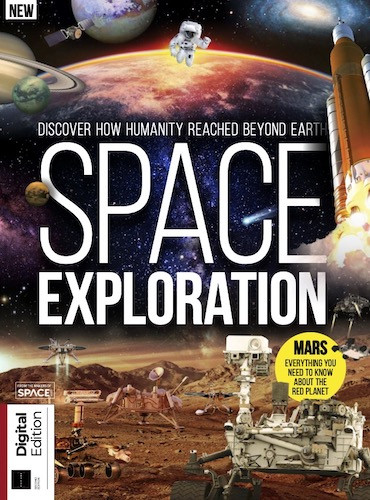Useful Links
All About Space: Space Exploration - Second Edition 2022

While the observation of objects in space, known as astronomy, predates reliable recorded history, it was the development of large and relatively efficient rockets during the mid-twentieth century that allowed physical space exploration to become a reality. The world's first large-scale experimental rocket program was Opel-RAK under the leadership of Fritz von Opel and Max Valier during the late 1920s leading to the first crewed rocket cars and rocket planes which paved the way for the Nazi era V2 program and US and Soviet activities from 1950 onwards. The Opel-RAK program and the spectacular public demonstrations of ground and air vehicles drew large crowds, as well as caused global public excitement as so-called "Rocket Rumble" and had a large long-lasting impact on later spaceflight pioneers like Wernher von Braun. Common rationales for exploring space include advancing scientific research, national prestige, uniting different nations, ensuring the future survival of humanity, and developing military and strategic advantages against other countries.Wikipedia
All About Space: Space Exploration - 3rd Edition, 2023
24-03-2023, 20:35, MagazinesSpace.com Collection - 4th Edition, 2022
5-05-2022, 23:05, MagazinesAll About Space Annual 12th Edition 2024
Packed full of cosmic content, All About Space delves into the wonders of space exploration, astronomy and space science every month, providing
21-11-2024, 17:34, Magazines